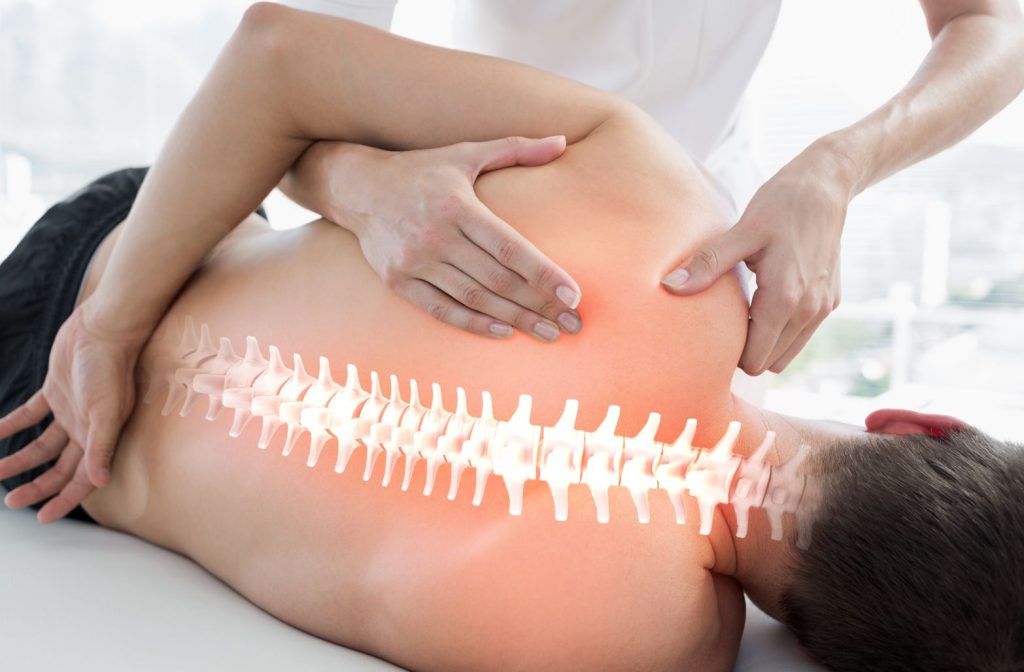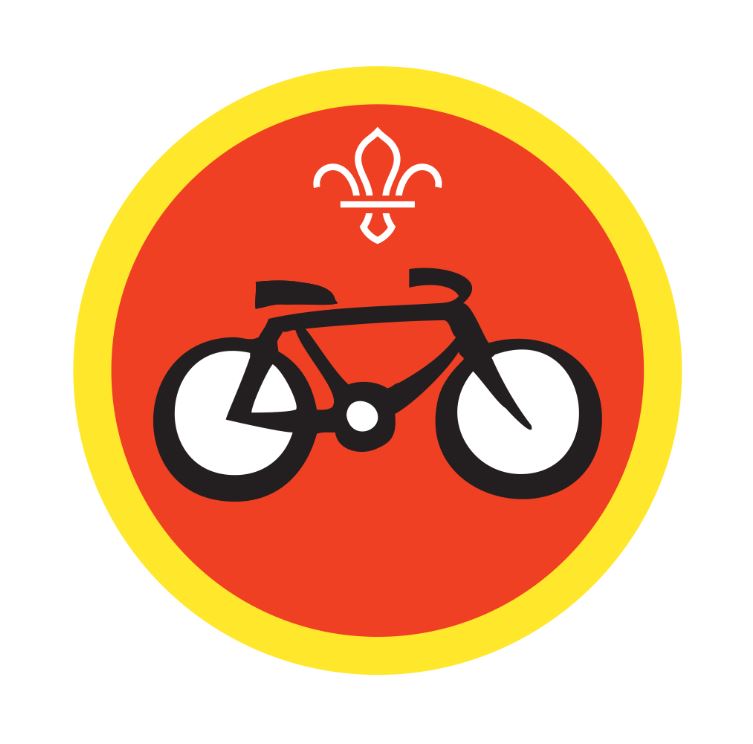For many, cycling is more than a mode of transport or a weekend hobby, it’s a powerful tool for recovery, resilience, and renewed confidence.
Whether recovering from an injury, easing back into exercise post-illness, or simply looking for a low-impact way to move more, cycling offers a unique combination of physical and mental benefits. It strengthens muscles, improves joint mobility, and supports cardiovascular health, all without placing stress on joints the way running or other impactful sports might.
For those rebuilding strength after injury or surgery, it offers the reassurance of control, freedom, and progression, all at your own pace. In fact, studies show that people recovering from spinal injuries improved muscle mass by 34% and reported high motivation using assisted bikes.
Cycling is particularly effective as part of rehabilitation from spinal, hip or lower back injuries, and due to its low impact and ability to allow the rider to control resistance and posture, it helps rebuild mobility, without causing additional strain.

Alastair Scott, Registered Osteopath at Hertford Osteopaths, often recommends cycling to clients as part of their long term recovery.
He said: “Injury is inevitable for anyone who enjoys exercise and keeping active. It can occur suddenly following a traumatic accident, or gradually, when the body’s capacity to adapt to increased levels of physical exercise becomes overwhelmed. It can be frustrating when this prevents us from participating in the activities that we enjoy, but generally, and with the correct management, this shouldn’t represent a barrier to a full return to those things that are important to us.”
He added: “I always recommend that my patients remain as active as their symptoms allow during recovery from an injury. Cycling is classed as a low impact sport for the joints and is often one of the first forms of exercise that someone can return to following injury or surgery. This not only helps to boost the healing process through increased blood flow and joint flexibility but also reduces stress levels, which can greatly improve general wellbeing. If, for example, you are recovering from a running related injury, cycling is often well tolerated by those irritated tissues. It is an excellent aerobic substitute that can help maintain fitness levels and tissue loading, which in turn maintains the capacity of those structures to adapt to stressors, ultimately ensuring a smoother return to your chosen sport. Cycling is also something that I strongly encourage in all my patients recovering from replacement knee or hip joint surgery. This alongside specific strength and flexibility training significantly increases the likelihood of a successful long-term outcome.”
In Hertford, Highway Cycles has become a trusted partner for people at every stage of their cycling journey. Whether you’re returning to riding after a break, investing in your first e-bike, or need advice on finding a setup that suits your current physical needs, their team takes a personalised, knowledgeable approach to helping you get back in the saddle.
They offer everything from commuter bikes and hybrids to family-friendly setups, maintenance advice and accessories and they’re always happy to talk through your goals and challenges.
So, if you’re thinking about turning the page on a period of injury or inactivity, cycling could be the perfect next step- and Highway Cycles is a great place to start that chapter.
For more information, pop into our Hertford store, or visit:
www.highwaycycles.co.uk
If you would like to speak to Alistair further about injury, recovery or osteopathy, visit: www.hertfordosteopaths.com


